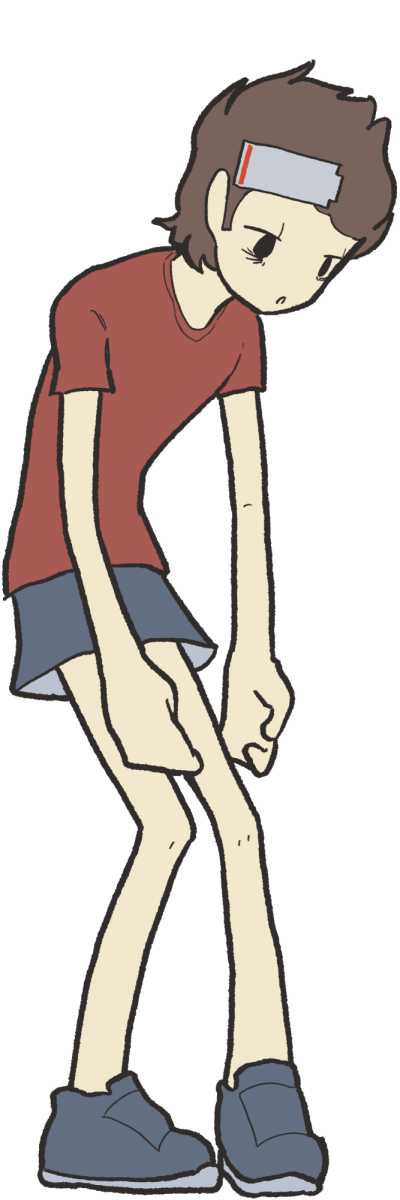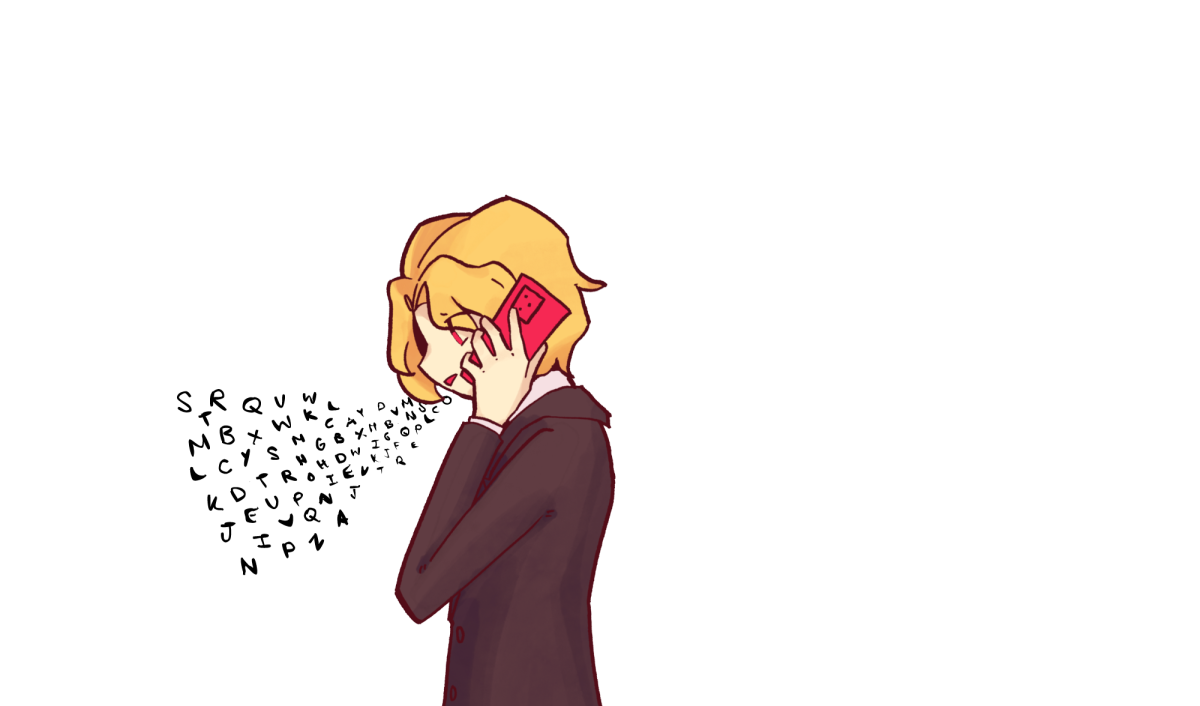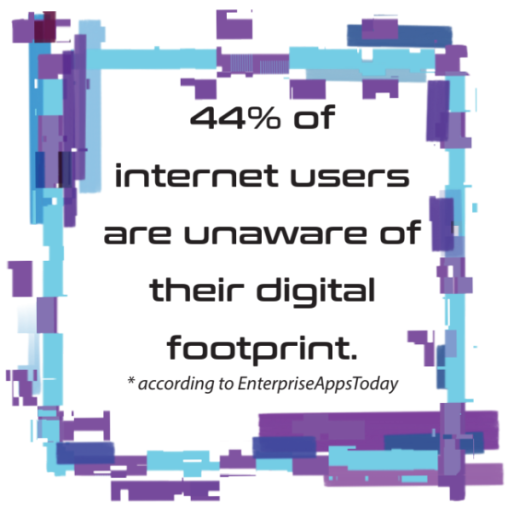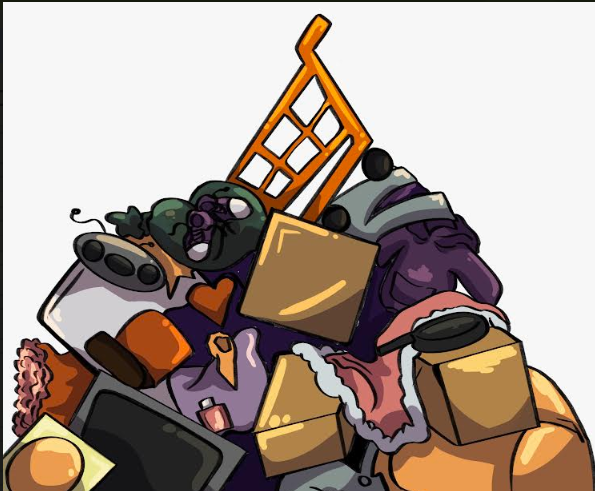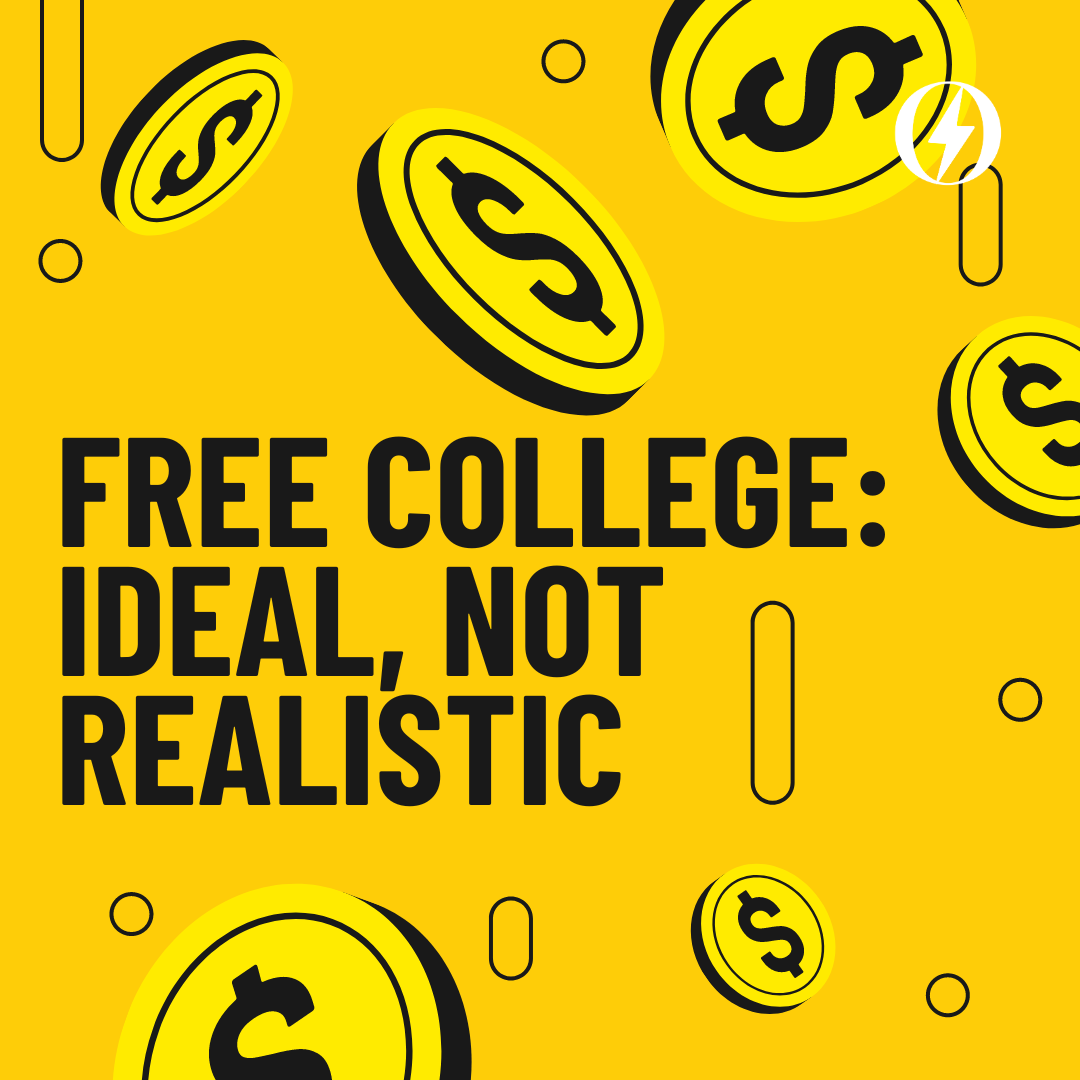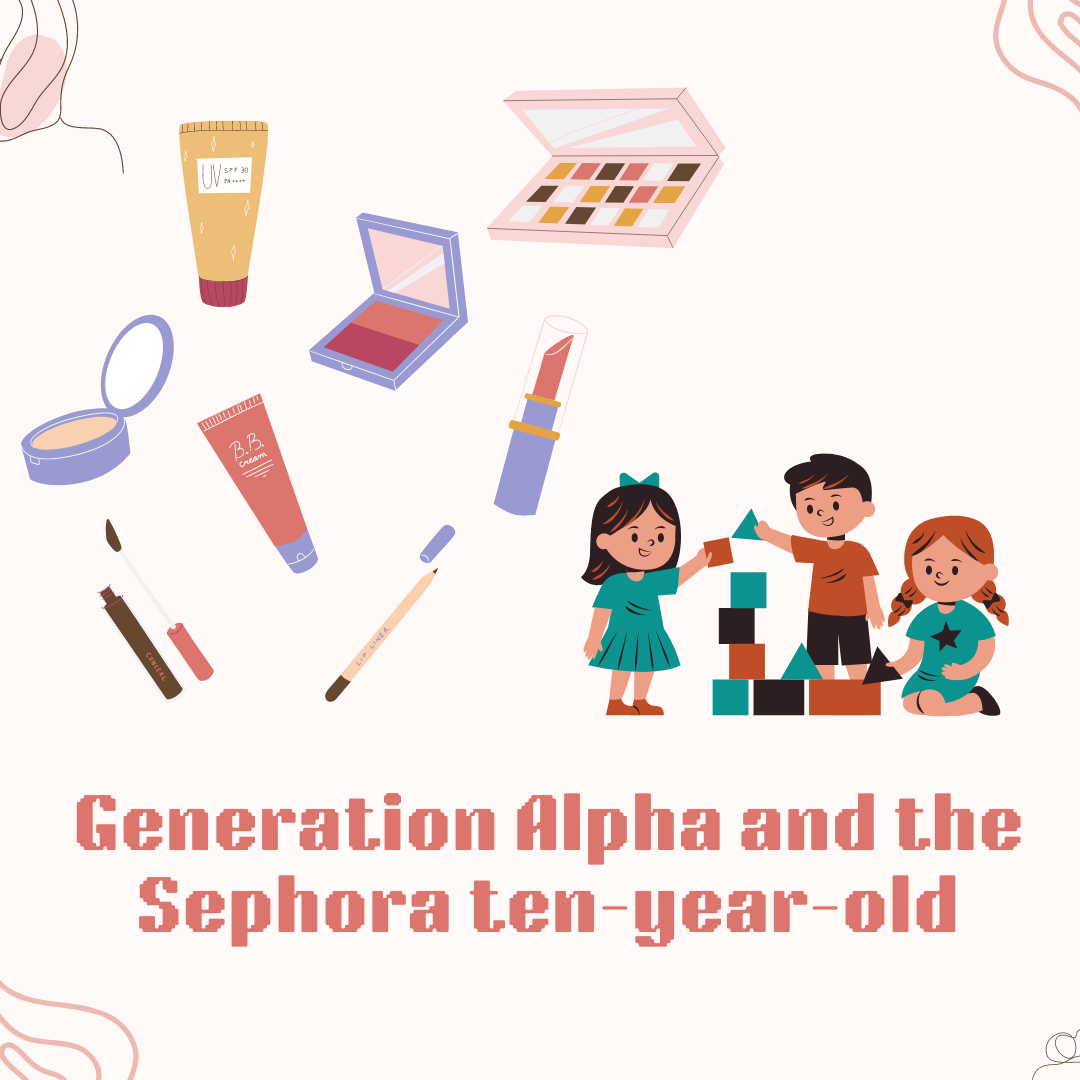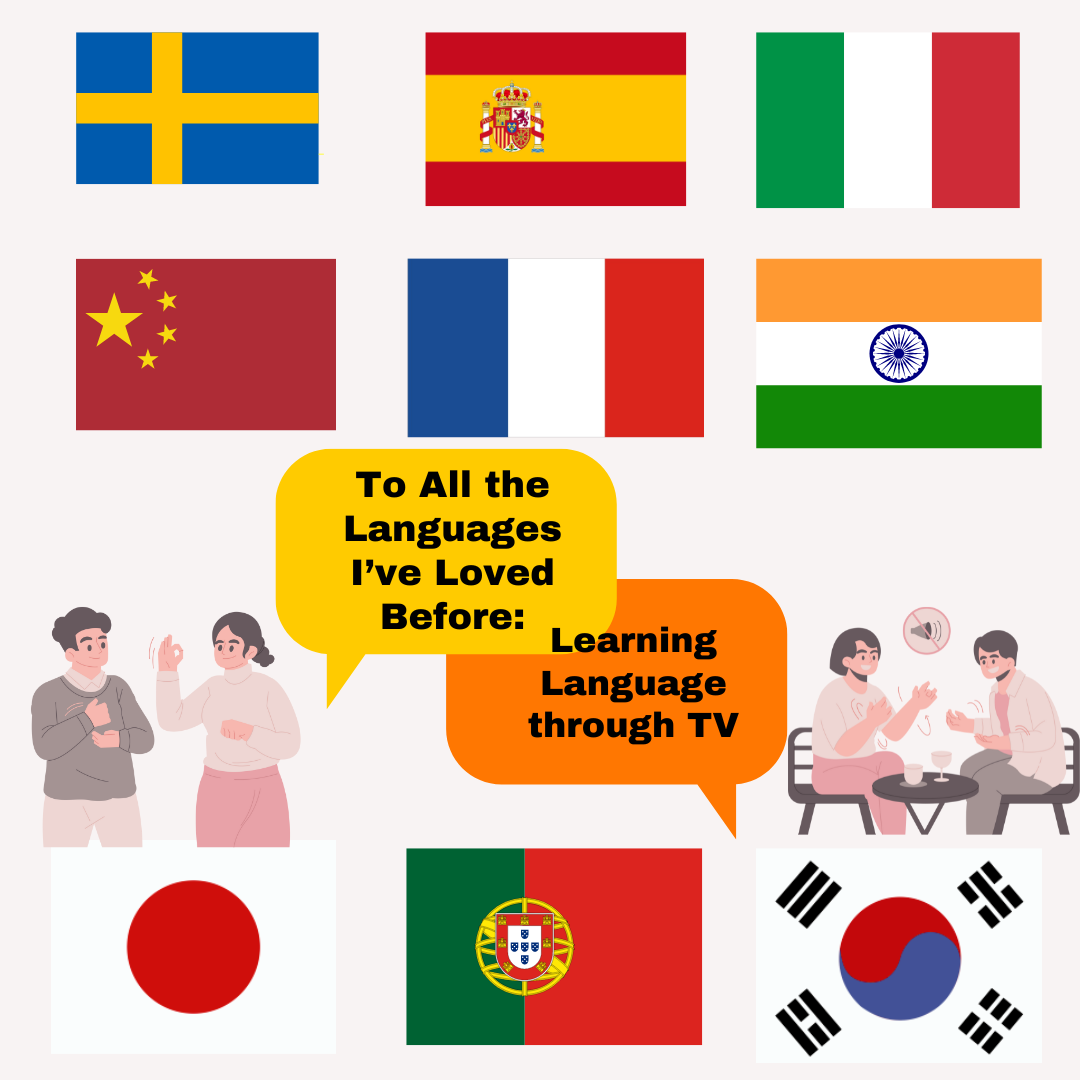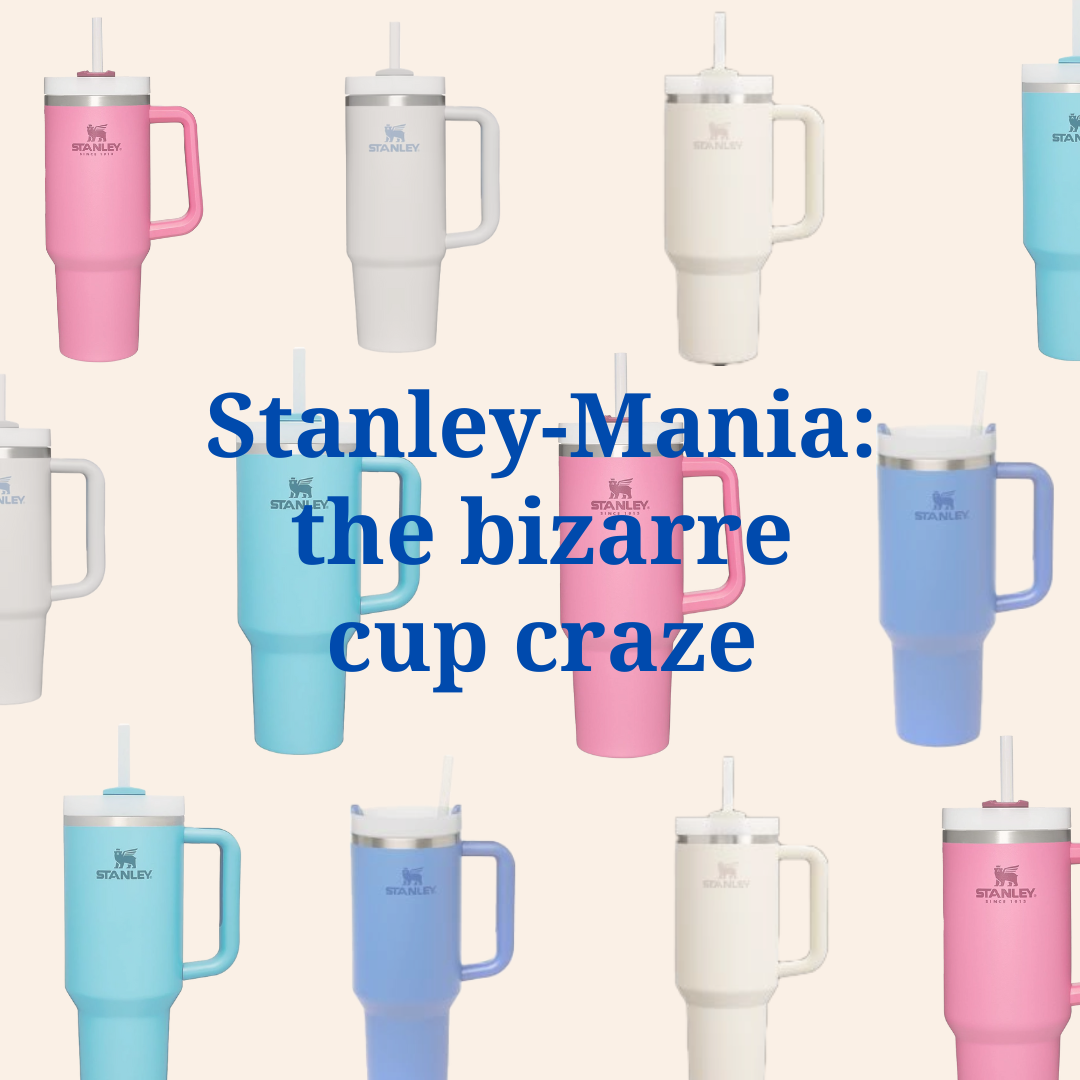As a resident of Glenview, Illinois and a student of GBS, you are getting a warped view of the world. I realize that is a big generalization, and I will admit that it is not true across the board. If you have lived a duration of your life somewhere else in the world (two weeks in the Bahamas don’t count), you may have a more worldly view, but many students at South have grown up within a protective bubble.
The bubble, made by parents, peers, or schools, shields us from the harshness of the real world. At least up to a certain age, this exists in our neighborhood. South does have diversity. We have diversity by ethnicity, we have diversity of religion and we have diversity of family income status. But overall, Glenview is a wealthy town and since public schools are funded by local property tax, a wealthy town like Glenview can afford to spend $17, 688 per student.
Despite our diversity, we all share the commonality of attending South, a school that has hundreds of computers for its students, a school that has two pools and a turf field in its stadium, a school where almost all students go on to attend a college (94.2 percent versus the national average of 68.3 percent). Our school is awesome, as were our middle schools and grade schools. In this way, we all live in an education bubble: we all attend a public school so different than ones across the nation.
This much is not up for question, the North Shore has great high schools (there is a reason why Breakfast Club, Ferris Bueller’s day Off, Risky Business, and Mean Girls were all filmed in the North Shore). My question is whether we can see through this bubble. Can we see the world outside of Glenview?
Try to remember the first time when you heard about how badly African kids wanted to attend school. I don’t think I was the only one who thought, at least for a second, “Wouldn’t it be awesome to live in Africa and not have to go to school!” I am not proud of ever thinking this, but this shows that I lived in a deeper bubble than just education. I didn’t understand how Africans were living.
Admittedly, I grew up pretty comfortably: we had a nice little house, two dogs, a willow tree you could swing from in the back, and most of my friends grew up in a similar way. Up to at least 5th grade, I had little knowledge of differences in wealth because everyone I knew lived at about the same income level as me. I grew up expecting to go to college, never worrying about where my next meal would come from, and never scared for my safety when I laid down to bed (except after the night I saw Texas Chainsaw Massacre).
I was raised in the Glenview bubble, and if your childhood sounds like mine, you were too. This was the reason that I thought it would be fun to be African. I was probably thinking that it would be great to live in a warm climate and never have to go to school. Little did I realize that many of these kids were suffering from malaria, starvation and ruthless dictators that did not grant them any of those freedoms we have in America.
It may seem like I am saying that we are ignorant, that our bubble is opaque and we are out of touch with reality. I’m not. I don’t think that South students are ignorant of the world now, but I do believe that as children, many of us had little vision outside the bubble. This doesn’t necessarily mean that we were all a bunch of spoiled brats that take everything for granted. In fact, I think it is a good thing that we grew up with our lack of knowledge.
I feel that growing up, at least with a translucent bubble around me, blurring the actual harsh truth will help me be a better person. I see what’s on the inside of the bubble: a nice house, a great neighborhood, friends, family who love me and most importantly, opportunity of success. And because this is all I have known in my life, I believe that everyone should have it. I can remember well the times that my bubble has “burst”.
Most of us have had the moment, some of us have had it multiple times. It’s that shocking moment when you realize that the world isn’t the one that was created for you within this bubble; there is a different world outside. My most memorable one was when I was driving a kid home from practice one day after wrestling. The kid had asked me for a ride, and I was reluctant because he lived on the opposite side of Glenview, and I had a lot of homework, but I gave him a ride anyway, and I will never forget what I learned along the way.
I asked if his mom or dad had a car or if they worked late. He said that both his parents were living in Mongolia and that he was living alone with his sister who had Leukemia and working part time around the wrestling schedule. I have never refused a car ride to anyone since, and I now go out of my way to make sure people aren’t walking home (as this kid was on the days he couldn’t get a ride). The reason why this moment had such an effect on me was because I had grown up surrounded by kids with parents who could drive them where they needed to be.
This for me was a moment where that bubble burst, or at least became transparent allowing me to see what life is really like. The protective bubble I was raised in might have raised me to be somewhat ignorant as a child, but it also raised me to be someone of high moral expectations. I may have had a warped view of the world in the past but that view will make me try to help others in the future.






